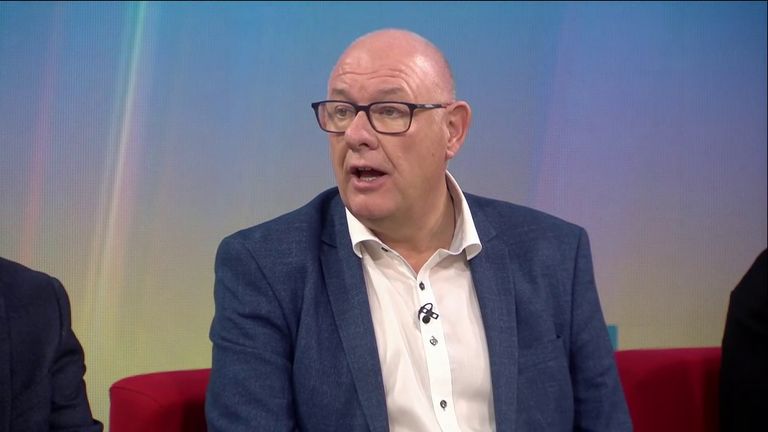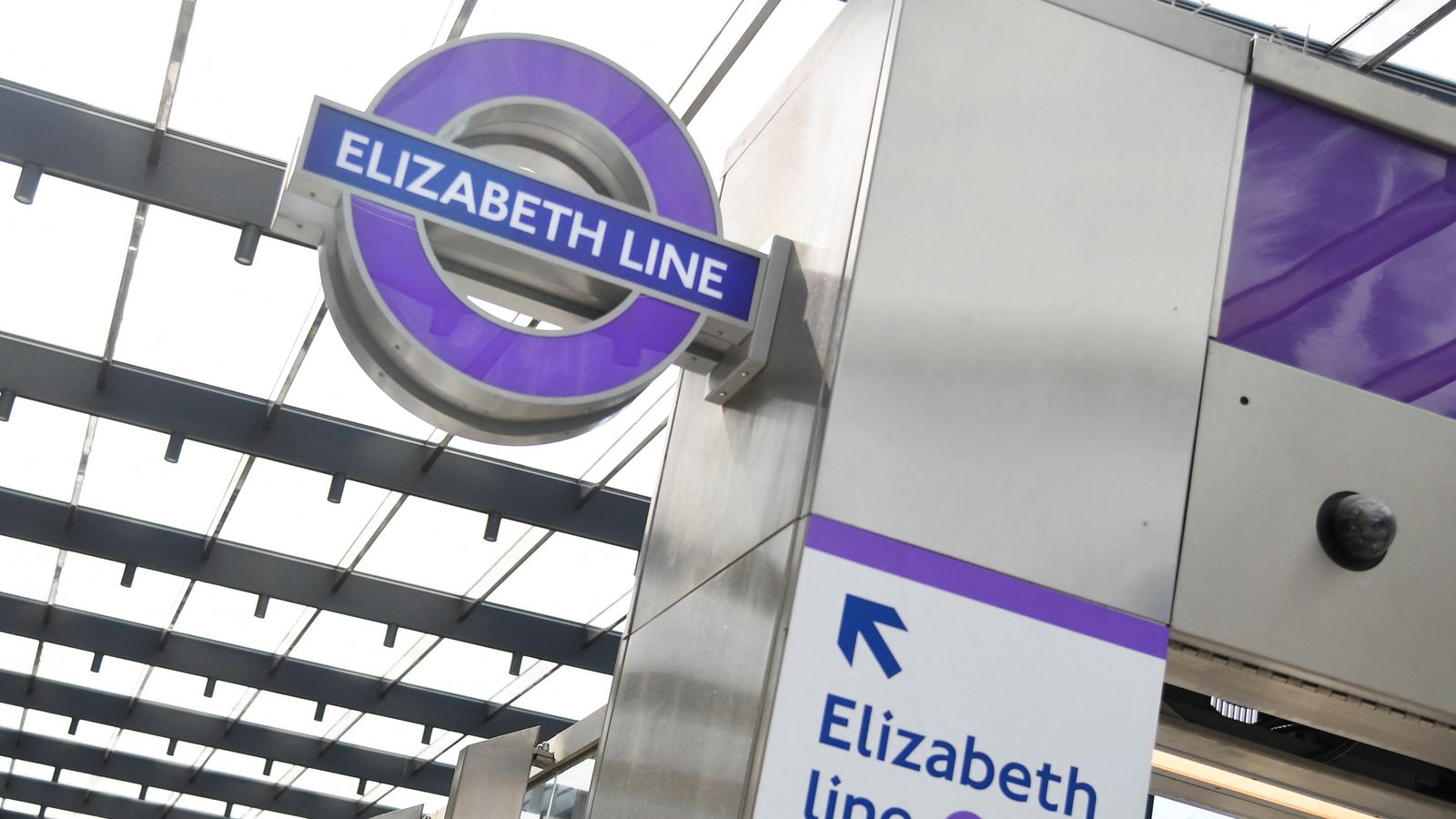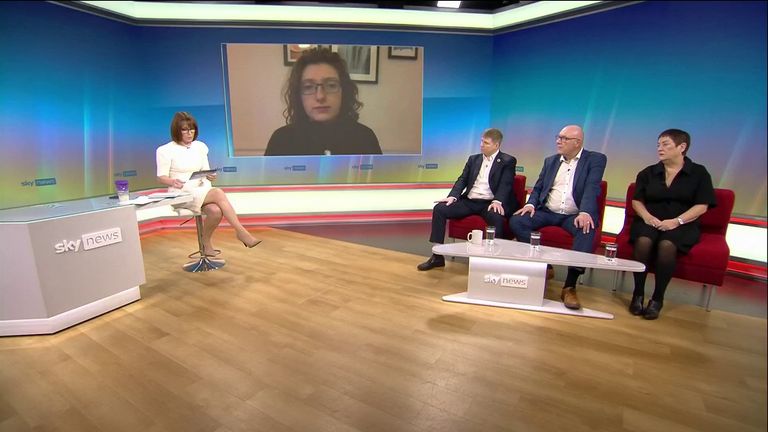
Commuters on the cross-London Elizabeth line could be hit by strike action early next month, adding to widespread disruption in the transport sector.
The Transport Salaried Staffs Association (TSSA) union is balloting managers who operate the line, arguing that they are paid “significantly less” than others in similar roles.
The ballot is expected to close on 22 December and, if they vote in favour of the action, workers could go on strike two weeks later.
Union bosses said that strike action would force the service to stop running.
It would mark the first bout of industrial action on London’s newest Tube line and could coincide with a series of strike days announced by members of the Rail, Maritime and Transport Workers (RMT).
As many as 40,000 RMT workers employed by Network Rail and 14 train operating companies are preparing to go on strike on 13, 14, 16 and 17 December and on January 3, 4, 6 and 7.
Union bosses are in talks with the government today as part of efforts to solve the dispute.
Any further action is likely to lead to widespread losses for the hospitality and retail sectors during a crucial winter trading period.
The hospitality sector has warned that industrial action could cost it £1.5bn in lost sales.
Strikes are already expected to cost the rail sector £260m, according to internal government estimates.
Read more:
Strikes every day until Christmas – which sectors and why?
Estimates on the economic cost of the strikes vary considerably.
Economists at the Centre for Economics and Business Research believe that between June 2022 and January 2023, rail strikes could cost the economy £691m in worker absences alone.
The figure would be even higher had remote working not become more widespread over the past few years.
Mel Taylor, of the TSSA, said: “This dispute is fundamentally about unfairness and inequality in pay rates across the Transport for London network. RfLI [Rail for London Infrastructure] need to change their Scrooge employment habits and make 2022 a happy Christmas.
“The Elizabeth Line is a brilliant addition to London’s transport services. Our members have years of experience and work on the most modern railway in the country yet are paid significantly less than staff doing similar roles across the network – including colleagues on the very same line.
“These are first-class services provided by first-class workers with second-class pay.
“Low pay is leading to high staff turnover, lack of fully trained staff, and reliance on overtime to run core services.
“Strike action by these workers would bring services across the Elizabeth Line to a standstill. There’s no need for it to come to that if RfLI can see sense and produce a fair offer which doesn’t continue to leave their staff the poor relations of the network.”








